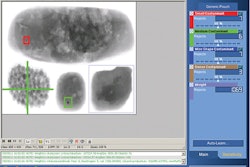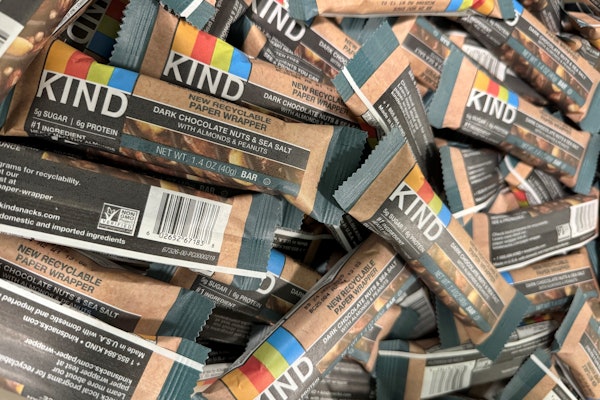For the first time, a drug manufactured via three-dimensional printing (3DP) has been approved by the U.S. Food and Drug Administration.
That’s according to an Aug. 3, 2015 announcement from Aprecia Pharmaceuticals Co. saying that FDA had approved its SPRITAM® levetiracetam for oral use as a prescription adjunctive therapy in the treatment of partial onset seizures, myoclonic seizures, and primary generalized tonic-clonic seizures in adults and children with epilepsy. The company says the product will become available by the first quarter of 2016.
The Langhorne, PA-based company says that SPRITAM utilizes Aprecia’s proprietary ZipDose® Technology platform, which uses 3DP to produce a porous formulation that rapidly disintegrates with a sip of liquid.1 While 3DP has been used previously to manufacture medical devices, this approval marks the first time a drug product manufactured with this technology has been approved by the FDA.
“By combining 3DP technology with a highly-prescribed epilepsy treatment,2 SPRITAM is designed to fill a need for patients who struggle with their current medication experience,” said Don Wetherhold, Chief Executive Officer of Aprecia. “This is the first in a line of central nervous system products Aprecia plans to introduce as part of our commitment to transform the way patients experience taking medication.”
ZipDose Technology enables the delivery of a high drug load, up to 1,000 mg in a single dose. As a result, SPRITAM enhances the patient experience - administration of even the largest strengths of levetiracetam with just a sip of liquid. In addition, with SPRITAM there is no measuring required as each dose is individually packaged, making it easy to carry this treatment on the go. SPRITAM is expected to be available in the first quarter of 2016.
“In my experience, patients and caregivers often have difficulty following a treatment regimen. Whether they are dealing with a swallowing disorder or the daily struggle of getting a child to take his or her medication, adherence can be a challenge,” said Marvin H. Rorick III, M.D., neurologist at Riverhills Neuroscience in Cincinnati, Ohio. “Especially for children and seniors, having an option for patients to take their medication as prescribed is important to managing this disease.”
ZipDose Technology combines formulation science with the unique manufacturing capabilities of 3DP. Aprecia developed its ZipDose Technology platform using the 3DP technology that originated at Massachusetts Institute of Technology. Using 3DP as a catalyst, Aprecia is developing formulations of medicines that rapidly disintegrate with a sip of liquid, even at high dose loads. The company intends to manufacture them on Aprecia’s proprietary equipment. Aprecia holds an exclusive, worldwide license for pharmaceutical applications of this 3DP technology.
For more on 3D printing, visit this link and then click on any of the headlines.


























